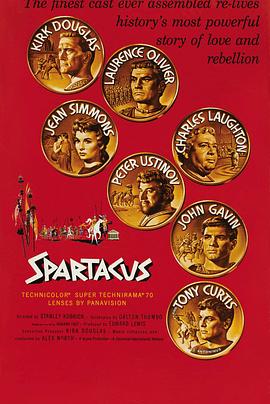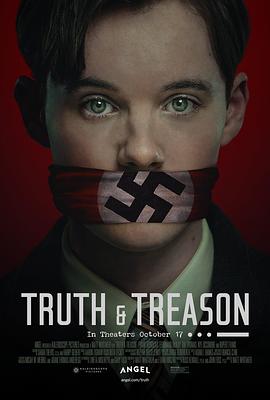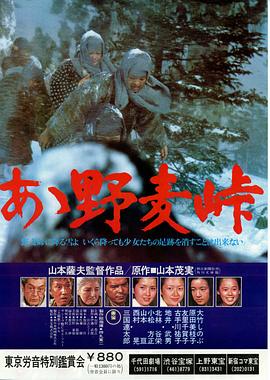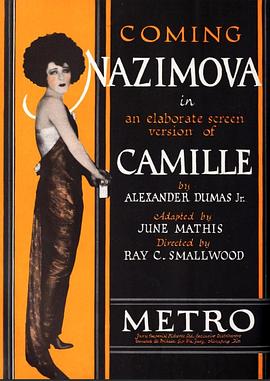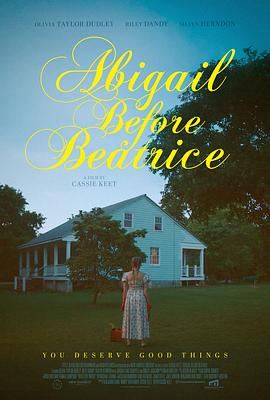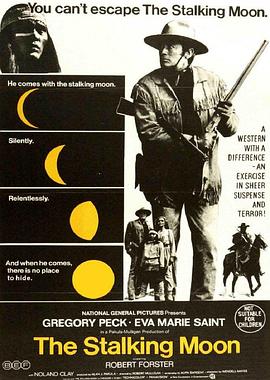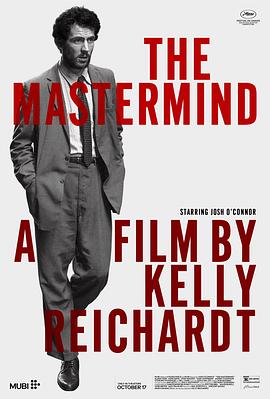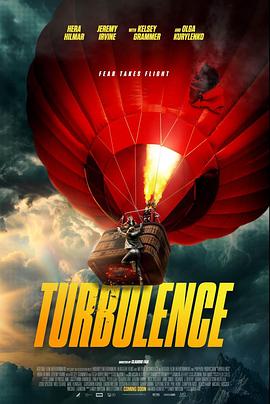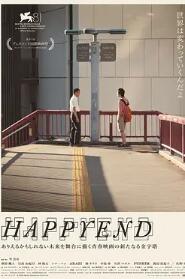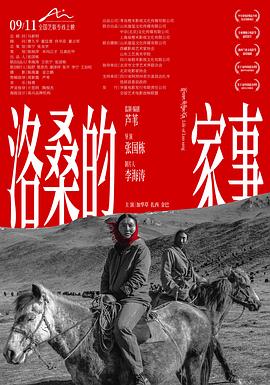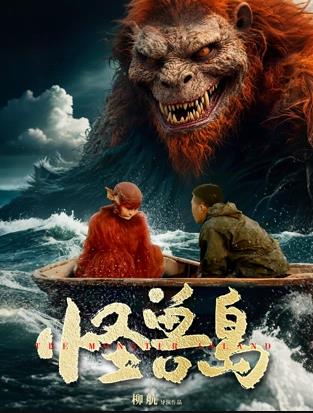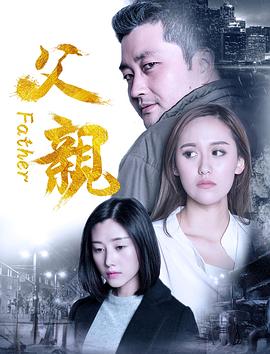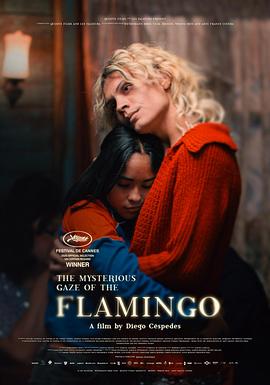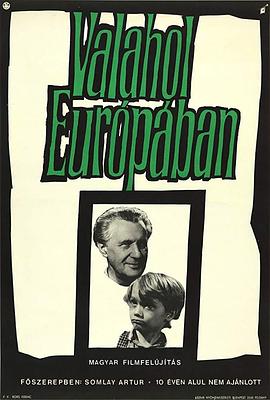
上映:
1948-11-19
更新:
2025-01-15 02:21:33,最后更新于
11月前
备注:
HD中字
评分:
7.4分
TAG:
剧情:
Somewhere in the remote region, the war ends. In the midst of ruined cities and houses in the streets, in rural hamlets, everywhere where people still live, are children who have lost their homes and parents. Abandoned, hungry, and in rags, defenseless and humiliated, they wander through the world. Hunger drives them. Little streams of orphans merge into a river which rushes forward and submerges everything in its path. The children do not know any feeling; they know only the world of their enemies. They fight, steal, struggle for a mouthful of food, and violence is merely a means to get it. A gang led by Cahoun finds a refuge in an abandoned castle and encounters an old composer who has voluntarily retired into solitude from a world of hatred, treason, and crime. How can they find a common ground, how can they become mutual friends The castle becomes their hiding place but possibly it will also be their first home which they may organize and must defend. But even for this, the price will be very high. To this simple story, the journalist, writer, poet, scriptwriter, movie director, and film theoretician Béla Balázs applied many years of experience. He and the director Géza Radványi created a work which opened a new postwar chapter in Hungarian film. Surprisingly, this film has not lost any of its impact over the years, especially on a profound philosophical level. That is to say, it is not merely a movie about war; it is not important in what location and in what period of time it takes place. It is a story outside of time about the joyless fate of children who pay dearly for the cruel war games of adults. At the time it was premiered, the movie was enthusiastically received by the critics. The main roles were taken by streetwise boys of a children's group who created their roles improvisationally in close contact with a few professional actors, and in the children's acting their own fresh experience of war's turmoil appears to be reflected. At the same time, their performance fits admirably into the mosaic of a very complex movie language. Balázs's influence revealed itself, above all, in the introductory sequences an air raid on an amusement park, seen in a montage of dramatic situations evoking the last spasms of war, where, undoubtedly, we discern the influence of classical Soviet cinematography. Shooting, the boy's escape, the locomotive's wheels, the shadows of soldiers with submachine guns, the sound of a whistle—the images are linked together in abrupt sequences in which varying shots and expressive sharp sounds are emphasized. A perfectly planned screenplay avoided all elements of sentimentality, time-worn stereotypes of wronged children, romanticism and cheap simplification. The authors succeeded in bridging the perilous dramatic abyss of the metamorphosis of a children's community. Their telling of the story (the scene of pillaging, the assault on the castle, etc) independently introduced some neorealist elements which, at that time, were being propagated in Italy by De Sica, Rossellini, and other film artists. The rebukes of contemporary critics, who called attention to formalism for its own sake have been forgotten. The masterly art of cameraman Barnabás Hegyi gives vitality to the poetic images. His angle shots of the children, his composition of scenes in the castle interior, are a living document of the times, and underline the atmosphere and the characters of the protagonists. The success of the picture was also enhanced by the musical art of composer Dénes Buday who, in tense situations, inserted the theme of the Marseilaise into the movie's structure, as a motive of community unification, as an expression of friendship and the possibility of understanding. Valahol Europaban is the first significant postwar Hungarian film. It originated in a relaxed atmosphere, replete with joy and euphoria, and it includes these elements in order to demonstrate the strength of humanism, tolerance, and friendship. It represents a general condemnation of war anywhere in the world, in any form.
收起
相关影片
1960
剧情片
美国
HD中字版
2025
剧情片
其它
伊万·霍罗克斯 鲁珀特·伊文斯 费迪南德·麦凯 Daf Thomas Nye Occomore 乔安娜 克里斯蒂 肖恩·马洪 Sylvie Varcoe 本·迪洛韦 丹尼尔·贝茨 Celinde Schoenmaker Aaron Zicman Gwenver Farnworth 克里斯托斯·劳顿 多米尼克·马夫海姆 Gabriel Scott John Sackville Maxim Ays Sam Pamphilon 布莱恩·卡斯佩
16岁男孩赫尔穆特·胡贝纳 (Helmuth Hübener) 在目睹犹太朋友被纳粹逮捕后,与朋友卡尔和鲁迪组建了抵抗组织。他们的勇敢行为使他们面临纳粹德国最高法院的审判。
HD中字
1979
剧情片
日本
HD国语
1921
剧情片
美国
HD中字|国语
2025
剧情片
美国
The film is about an isolated woman who must confront her past when a fellow former cult member re
HD中字
1968
剧情片
美国
全5集
2025
剧情片
大陆
HD国语
2025
剧情片
大陆
HD国语
2025
剧情片
美国
HD
2025
剧情片
西班牙
HD中字
2025
剧情片
英国
HD中字
2024
剧情片
日本
HD
HD国语
2025
剧情片
大陆
HD国语
2017
剧情片
大陆
HD

